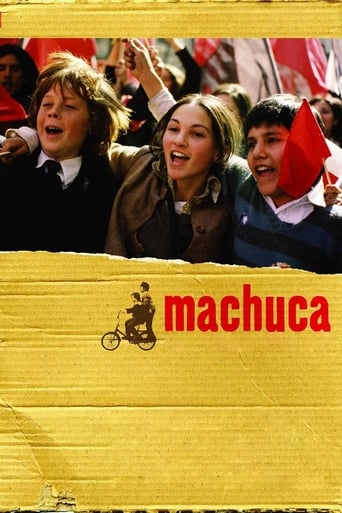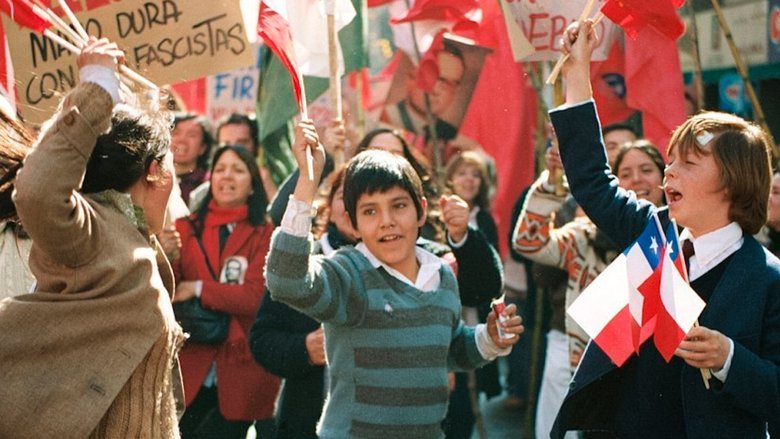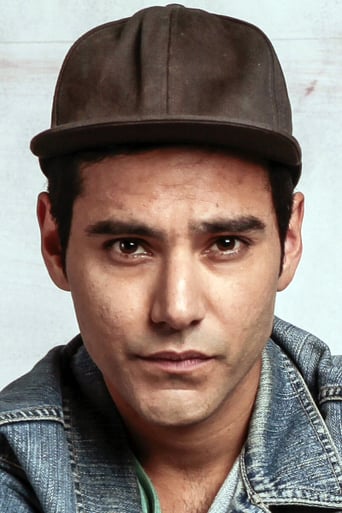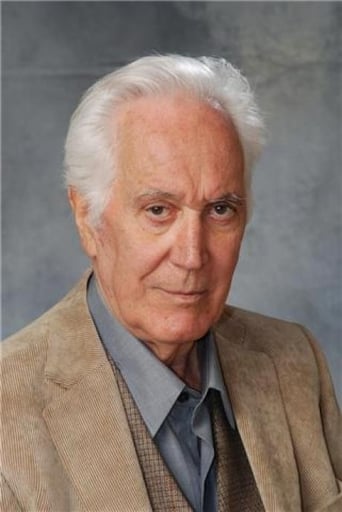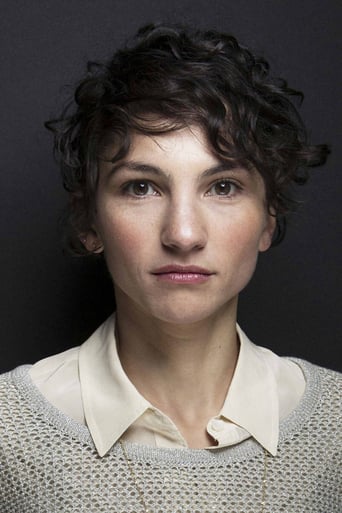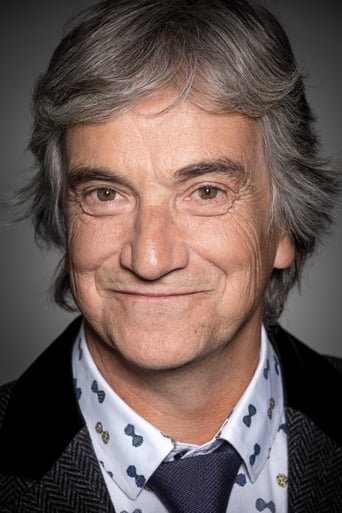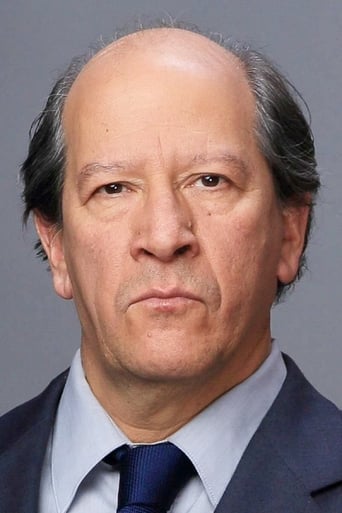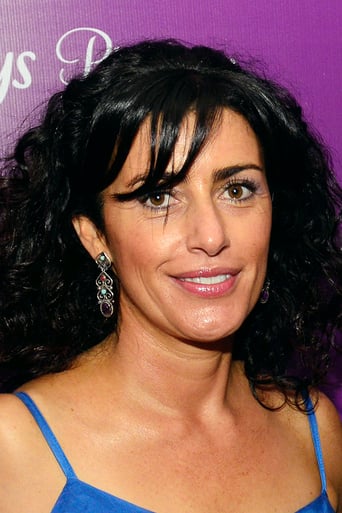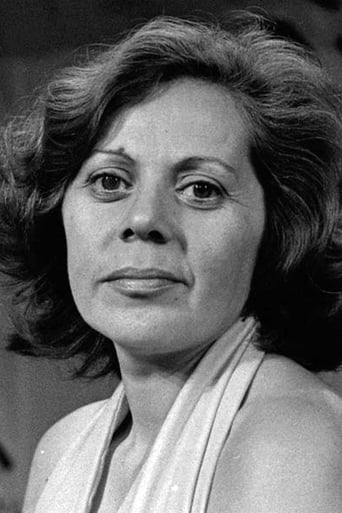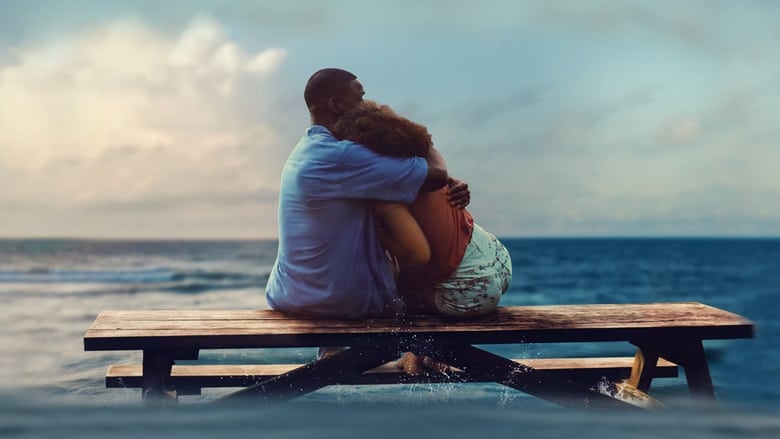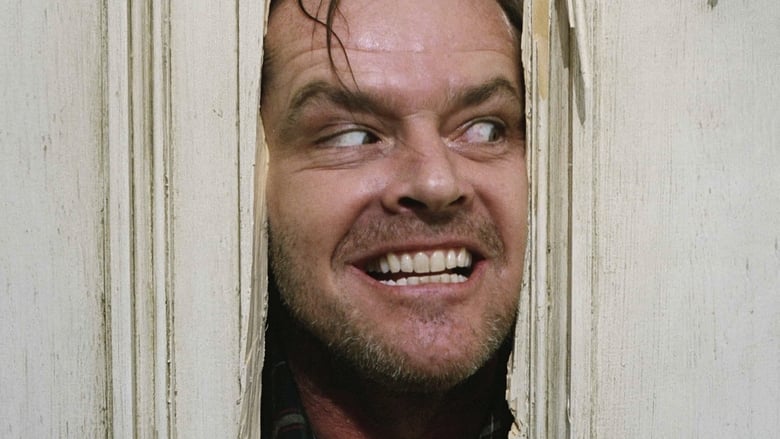Santiago, capital of Chile during the Marxist government of elected, highly controversial president Salvador Allende. Father McEnroe supports his leftist views by introducing a program at the prestigious "collegio" (Catholic prep school) St. Patrick to allow free admission of some proletarian kids. One of them is Pedro Machuca, slum-raised son of the cleaning lady in Gonzalo Infante's liberal-bourgeois home. Yet the new classmates become buddies, paradoxically protesting together as Gonzalo gets adopted by Pedro's slum family and gang. But the adults spoil that too, not in the least when general Pinochet's coup ousts Allende, and supporters such as McEnroe.


Similar titles
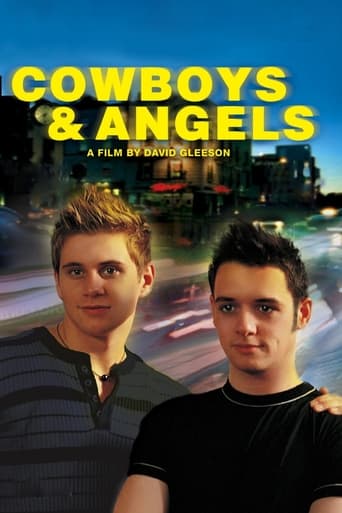
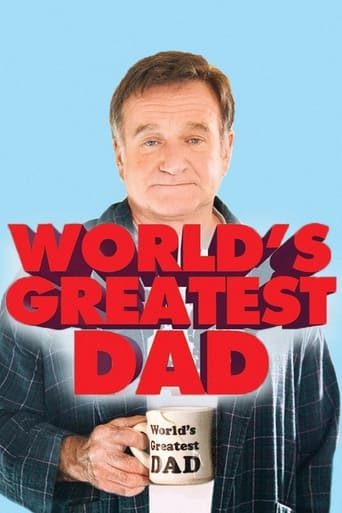
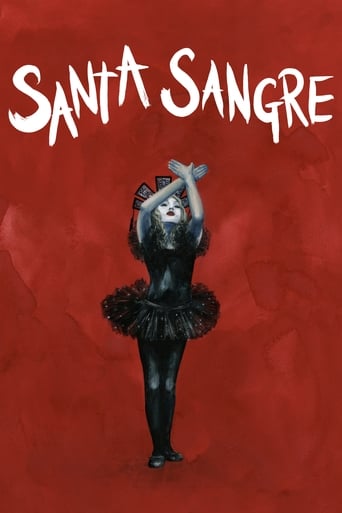
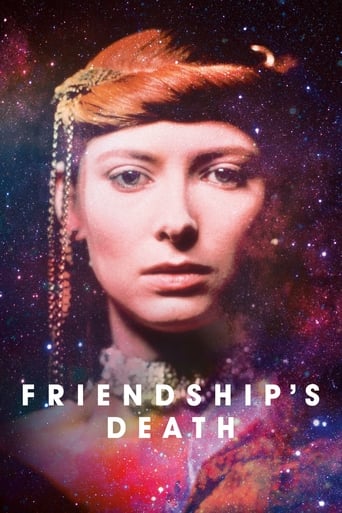
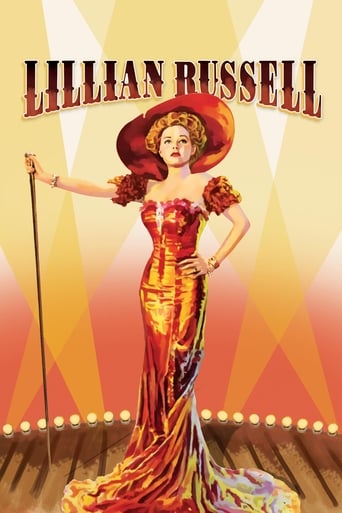
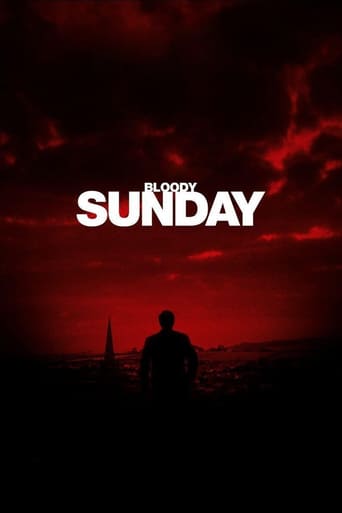
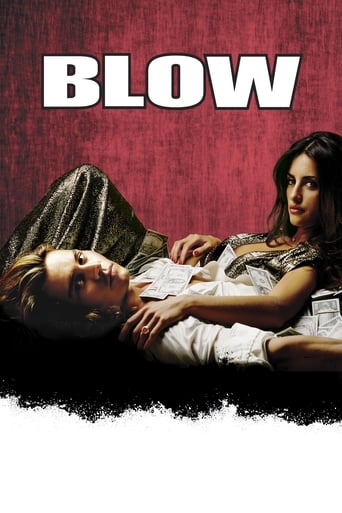
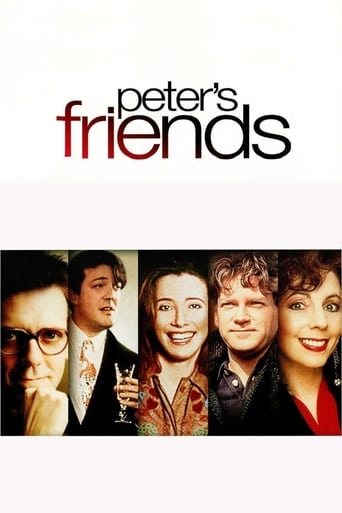
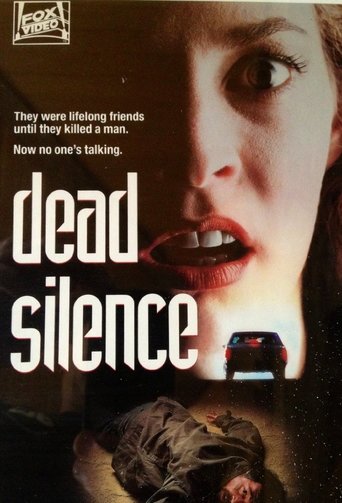
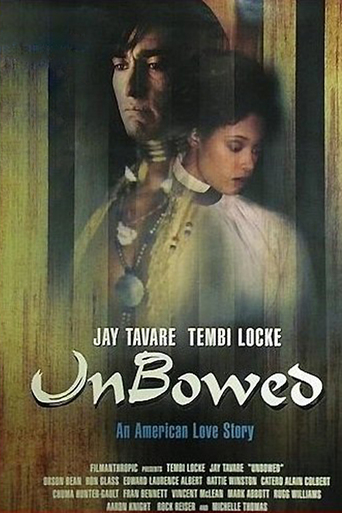
Reviews
I haven't seen a movie that seemed so honest and real in a long time. I believe that the actions taken by the characters are natural for them, the children take the decisions and act as children would act in real life. There are many movies now days where the actions of the characters don't seem to fit the character they are unnatural and sometimes even betray the character themselves, but not in Machuca, every action has a reason to be. This could have been a really bad movie if it had been done just a little bit different. There are not amazing shoots there are not long monologues that seem unnatural and every character is constant throughout the movie. The movie takes place at the end of the presidency of Salvador Allende and at the end of the democracy of Chile.Gonzalo and Pedro, the main character of the movie, become friends almost immediately, even though the they are from different social classes, Gonzalo's family supporting the right side and Pedro's family supporting the left side, the kids still become friends by fighting their bullies. This shows how children don't really care about the material stuff or how much money someone has, as long as they can have a fun with someone they will become friends. Gonzalo and Pedro might have very different lives but they understand each other and are intrigued with each other lives. Gonzalo is welcomed in Pedro's family. Gonzalo has his first reality shook when he goes to Pedro's house and sees how the other side of Chile lives. Gonzalo's reaction to Pedro's life is natural. He doesn't feel completely comfortable because he is used to way nicer things but he is not scared either, he is mature enough to understand that Pedro's family is not like his and he accepts it and doesn't let this difference come between his friendship with Pedro. He even decides to help them sell Chilean flags during protests. Whit this simple action Gonzalo gets a better understanding of the situation in Chile, even better than his mom who is shown supporting the right side and even being mean to Gonzalo's crush, Silvana. It is the adult who start to drive Gonzalo and Pedro apart. The families of Gonzalo and Pedro's school do not like the people of lower resources to go to the same school as they "privileged" children. Finally, the cruelty of the revolution drives them apart in a horrible way, Gonzalo tries to help his friend but he is in danger by doing so and ends up running away. We can see the regret of Gonzalo for ruing away but there is nothing he could have done but we know that he will be the change Chile will need in the future. The movie does a great job at showing both sides of the Chile revolution and at making it all seem real. The camera movements, the different shots, the actions of the characters with a reason behind them all help the movie be as realistic as possible and to be able to show both sided of the revolution. I truly enjoyed this movie and the story it tells. It is a movie that helps understand better the situation Chile went through.
The expressions, reactions, and feelings exuded by Gonzalo Infante in Machuca are a parallel to the feelings of the people of the bourgeoisie in Chile. They were sheltered from much of the coup in their own country, and were blind to what was occurring in their own backyard. If Gonzalo did not become friends with Machuca, he may have never understood what he does now about the coup. The contrast between the expressions on his face while riding his bike in the beginning and the end of the movie, is quite striking. At first, we see him full of happiness that he has made friends with Machuca, but at the end he is totally torn apart by what he had witnessed in their neighborhood – the killing of many people, including Silvana. It is certainly important to pay attention to Gonzalo throughout this movie. If you do not, you will be missing an important aspect of the storyline.
Andrés Wood is a highly regarded Chilean filmmaker, a man unafraid to take on controversial issues and present them in a manner that is revelatory to his audience, whether that audience is in Chile or other South American countries - or in Europe or North America. In MACHUCA he transports us to the year 1973 in Chile when Pinochet's military coup overthrew Allende's socialist 'democracy'. Knowing that there remains a divided opinion of this period of time, a time when Allende supporters who could not escape the country were murdered or placed in detention camps as political prisoners, Woods sensitively recreates this period through the eyes of children from the populace divided by the middle class and the poor, a technique which works on every level.Saint Patrick's School for boys in Santiago is headed by a kind priest/principal Father McEnroe (Ernesto Malbran) and the rich to middle class uniformed boys include one 'strawberry faced', quiet, chubby Gonzalo Infante (Matías Quer) whose family is of means but has issues of covert infidelity with the mother (Aline Küppenheim) and father (Francisco Reyes). The Allende government is shaky, and in an attempt to appease the poor class, Saint Patrick's School takes on students from the shantytowns to 'democratize' education. Among these new students is Pedro Machuca (Ariel Mateluna) who seems to be a loner but soon becomes the brunt of the rich kids' prejudice. Gonzalo befriends Pedro and gradually the two form a strong bond which leads to each of the boys learning about their separate families and life styles: Gonzalo's life of luxury dazzles Pedro while Pedro's humble shack houses warm family that Gonzalo envies. The friendship leads to a close examination of the schism of racism and political clashes brought into sharp focus as the military coup changes everything. Only friendship remains intact in a dramatically tested fashion.Andrés Woods marries the political and the human aspects of this chaotic time in Chile and offers us insights into the ongoing changing governments of South America. His script (which he wrote with Eliseo Altunaga, Roberto Brodsky and Mamoun Hassan) is spare leaving space for much of the story to be told by observing the interaction of his two main characters with their associates. The result is a deeply moving film, an opportunity to observe the tenuous times of a period most of us barely understand. Highly Recommended. Grady Harp
Like the young heroes of of Louis Malle's "Lacombe, Lucien" (1974) and "Au revoir les enfants"(1987), Gonzalo Infante (Mateas Quer), the protagonist of Chilean director Andrés Wood's coming of age story "Machuca," has to grow up in a time of political upheavals and physical dangers -- though he's not as vulnerable to them as some of his campañeros. For Gonzalo and his friend Pedro it's not the Nazi occupation of France but the CIA-sponsored coup against Salvador Allende that ultimately separates him from his at-risk young friend.The relevance of the events of September 11, 1973 that "Machuca" leads up to is clear to anyone who looks at what has been happening in Carlos Chavez's Venezuela. The CIA and the rich of the country may not have been able to bring Chavez down, but not for lack of trying. And the formerly government-pampered classes are as vicious in their hostility and as willing to eliminate Chavez as the same classes were in Chile at the time of Allende. The difference may be that Chavez has brought more real socialism to the country and thus has only strengthened his huge popular base among the poor majority.In Wood's film, Gonzalo becomes friends with Pedro Machuca (Ariel Mateluna) when the pro-leftist headmaster of his "English" private school, Father McEnroe (Ernesto Malbran), arranges to have poor children brought into his class as charity students. "Machuca" describes an uneasy mutual attraction of rich and poor at a crucial moment in Chilean history: Gonzalo helps Pedro with his English, lends him his expensive hardbound Lone Ranger comic books, and brings him to his posh home. And in return Pedro defends Gonzalo on the frequent occasions when he's bullied by other boys and introduces him to the new world of his family and his shantytown life.Some of the contrasts are a little obvious, with greater warmth on the poor boy's side and more coolness on Gonzalo's (he has a mother who's adulterous and a father who's often absent), but much of the story is simple coming of age stuff. In fact the filmmaker may lose touch with the political story at times, though he constantly shows revolutionary slogans on walls and huge demonstrations of both left and right, which Gonzalo attends selling flags with Pedro and Pedro's cousin Silvana. Silvana is more critical of Ganzalo than his pal Pedro, but she kisses them both in return for rationed cans of condensed milk.Class politics comes to the school in a vociferous meeting where many call for the ouster of the poor students and the leftist headmaster with them.All this is interesting enough, but would be nothing without the coup that is coming. When that happens, the headmaster is ousted, the poor boys go, and the school is taken over by a military officer. In a startling scene the Father comes back to the school chapel during service and rapidly consumes all the communion wafers and then declares the chapel no longer holy; and the boys, led by Pedro, bid him a fond farewell. "Goodbye, children," he says, echoing and perhaps ripping off the moving end of Louis Malle's masterpiece ("Au revoir les enfants," which means "Goodbye, children") about a Jesuit priest taken away by the Nazis for hiding Jewish boys at a Catholic boarding school.Most dramatic of all, Gonzalo is in Pedro's neighborhood during the murderous military purge and sees Silvana killed as soldiers take people away. Terrified at the possibility being linked with them and abducted or murdered himself, Gonzalo denies any connection with the people there, pointing to his Adidas. It's perhaps ironic to us to think that for several decades in America such shoes have been trophies worn by ghetto kids, at times stolen from rich boys to do so. Here they can only mean you're of the privileged classes.Gonzalo rides his 'bici' away and walks straight into the luxurious home of his mother's lover, seeming to embrace for that moment the worst aspects of his own background out of fear -- scared "right," as it were. The boy who was displaced earlier to put Pedro next to Gonzalo in class is back in what has recently been Pedro's desk. But when he asks for answers to a test Gonzalo writes "ASSHOLE" (in most excellent English) on the paper and gives it back, turning in his own test with no answers -- as the boldest and coolest of the poor boys had once done -- and walking out.The material in "Machuca" is undeniably important, relevant to crucial events in Latin American politics past and present. Many scenes in the film work, but a certain lack of charisma in the two boys is a flaw and the screenplay and direction aren't quite tight enough to prevent a few longueurs. In short, the filmmakers aren't entirely up to the demands of their compelling material. But the result is still essential viewing.
